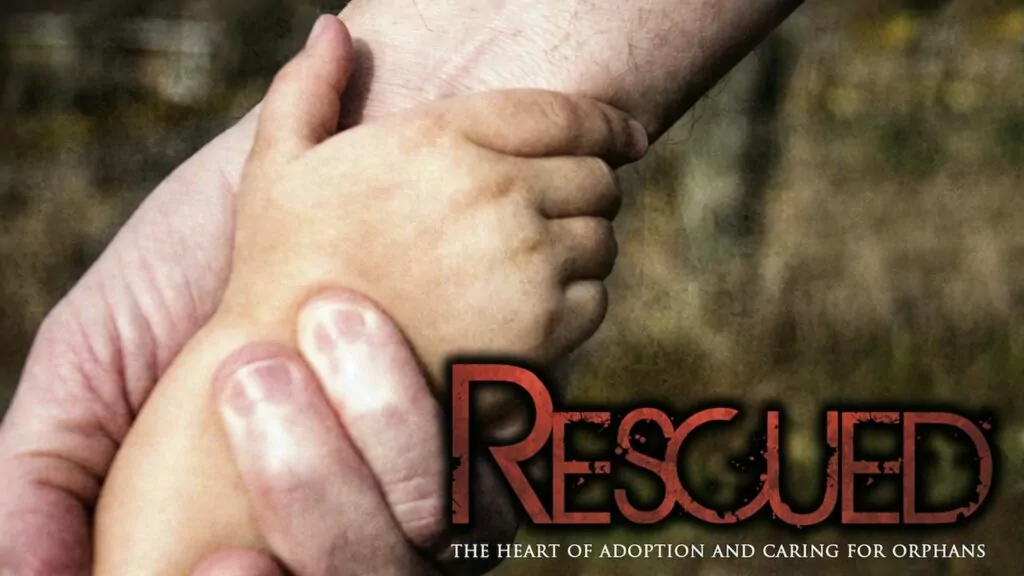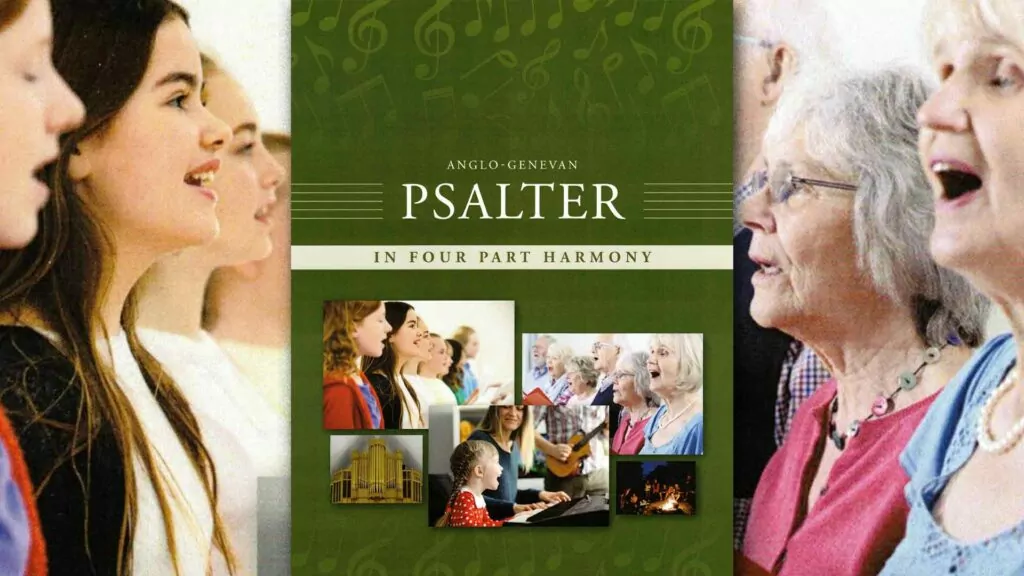
News
MP Ed Fast wants to halt Canada’s runaway euthanasia train
In a courageous move, Conservative Member of Parliament Ed Fast has introduced a private member’s bill to permanently halt the federal government’s effort to expand euthanasia to the mentally ill. “It is deeply concerning that this government appears to be moving from a culture of life to a culture of death," he said to reporters on Parliament Hill.
When euthanasia and assisted suicide were legalized by Parliament in 2016, they were limited to those whose suffering was intolerable, with an incurable illness, and where natural death was foreseeable. It didn’t take long and the safeguards were broadened or ignored. Most recently, that included government legislation that would allow euthanasia for those whose sole reason was mental illness. As Reformed Perspective reported in our last issue, in response to strong concerns, the federal government paused this plan for one year, but only to give time for medical professionals to get ready.
Canada keeps sliding down that slope
Fast introduced Bill C-314, the Mental Health Protection Act, to put the brakes on the expansion of euthanasia. “As many of us had predicted when assisted death was legalized in 2016, we now find ourselves on a steep slippery slope that jeopardizes the lives of society’s most vulnerable” Fast shared in an article that was published by the National Post. “As citizens who believe the government is there to protect and nurture life, we must ask: Who’s next? The poor and homeless who are already approaching our food banks to ask for MAID?”
The MP is concerned that Parliament has not properly studied what could result from its reckless course.
“The expert panel struck by the government to review expansion of MAID was not permitted to study the underlying merits of extending assisted death to the mentally ill. The panel even failed to deliver on its mandate to propose additional MAID safeguards. In fact, two of the panel members quit, noting that the outcome of the deliberations appeared to have been pre-determined.”
Although opposition MPs often have to stand alone when introducing private member’s legislation, especially on contentious social issues, this time was different. The Conservative Party of Canada’s leader Pierre Poilievre stood next to Fast for his announcement and spoke up in his support. "Our job is to turn their hurt back into hope. To treat mental illness problems rather than ending people's lives" the CBC reported. He also committed that a government led by him would repeal euthanasia and assisted suicide for the mentally ill.
Important, whether or not it passes
A private member’s bill rarely becomes law, and it is highly unlikely that the Liberal government would about-face and support Fast’s bill. Yet, as we have seen from those who overturned Canada’s laws on life, family, and marriage in recent decades, efforts like this are critical for changing a trajectory long term. It shifts the Overton Window, moving an idea along a spectrum of acceptability from radical to sensible and then to policy. In the case of Bill C-314, Ed Fast’s bill gave an opportunity for his leader and his party to put a stake in the ground, promising to take action if they are given the opportunity to govern.
When an MP chooses to introduce a bill on a contentious social issue, they are also setting themselves up for a backlash of opposition, both from activists on the other side of the issue as well as from their own colleagues and supporters. Many within the Conservative Party balk when MPs provide any leadership on social issues, as they see this as something that will only take away their support and make it even more difficult to ever form government. Those who courageously speak up are often marginalized and rarely promoted to take on bigger roles in the party or in Parliament.
ARPA Canada, which has been meeting with government officials about this issue for years, and helping the Christian community speak up for life, rejoiced when C-314 was introduced. “For many years it has felt like we’ve been on a runaway train when it comes to legalized euthanasia. This bill signals that there is a willingness to stop this runaway train in its tracks!” Mike Schouten, ARPA’s interim Executive Director, shared in a note to supporters. “ARPA Canada praises God for this development. We serve a sovereign God with whom nothing happens by chance (Prov. 19:21) and who directs the hearts of our leaders like streams of water (Prov. 21:1). We truly believe God is hearing and positively answering the prayers of His people on behalf of the country in which we live.”






























